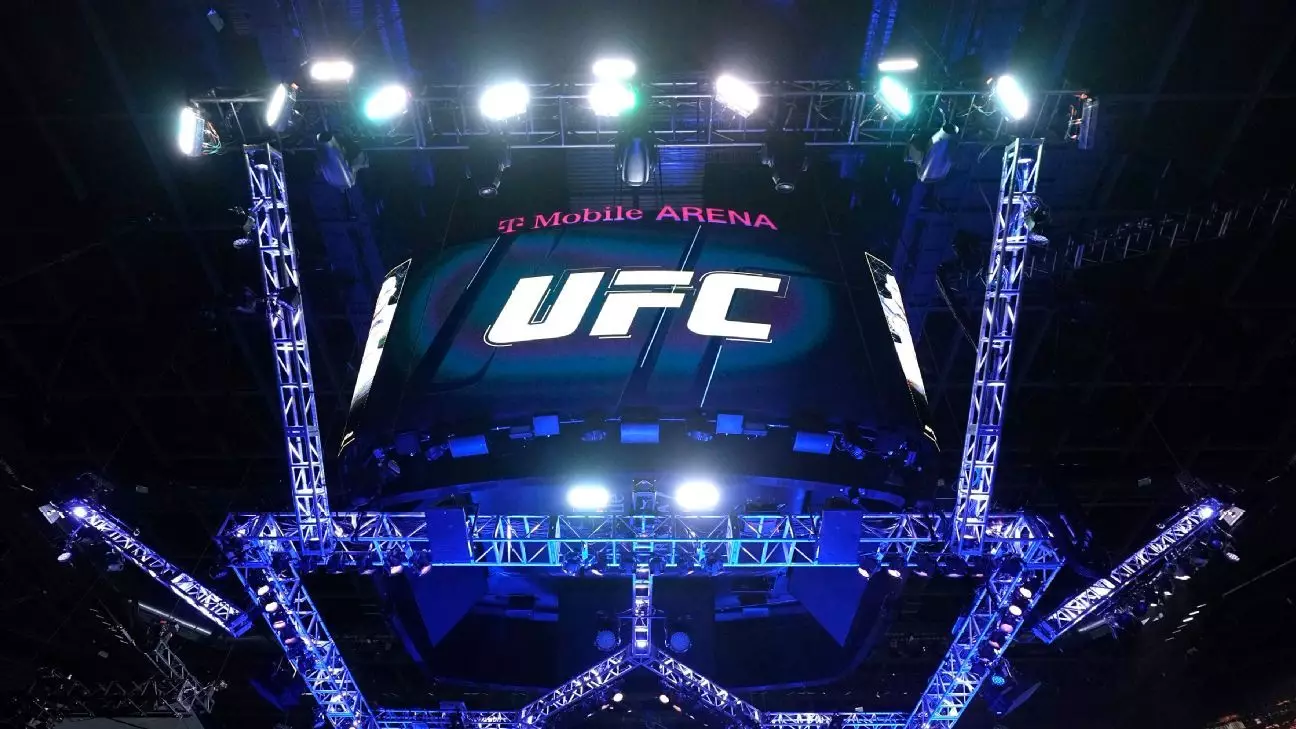The upcoming class-action antitrust case involving the UFC has garnered attention not only for the claims being made but also for the witnesses who are expected to testify. With current and former fighters, as well as prominent managers of MMA athletes, set to take the stand, the case promises to shed light on the inner workings of the UFC and its business practices.
Among the witnesses listed in the trial brief on behalf of the UFC are some well-known names in the world of mixed martial arts. From current star Michael Chandler to UFC Hall of Famer Michael Bisping, the defendants are bringing out top talent to support their case. Other notable figures such as Chael Sonnen, Miesha Tate, and Donald “Cowboy” Cerrone are also expected to testify. In addition to fighters, several managers of MMA athletes, including Ali Abdelaziz and Dan Lambert, are listed as witnesses for the defense.
The Allegations
The plaintiffs in the case are alleging that the UFC engaged in a scheme to acquire and maintain monopsony power in the market for elite professional MMA fighter services. By eliminating competition and suppressing wages, the plaintiffs claim that the UFC has harmed fighters and violated antitrust laws. The damages being sought range from $894 million to $1.6 billion, making this a significant case with far-reaching implications for the MMA industry.
The group of plaintiffs includes former UFC fighters such as Cung Le, Nathan Quarry, and Jon Fitch, among others. However, due to the class-action nature of the lawsuit, any fighter who competed in the UFC during the specified period is considered part of the class. This means that all fighters who were active in the UFC between December 16, 2010, and June 30, 2017, could potentially benefit from a favorable outcome in the case. So far, no fighter has opted out of seeking compensation if the plaintiffs succeed.
The UFC’s Defense
In response to the allegations, the UFC has denied having monopsony power and engaging in anticompetitive or exclusionary conduct. The organization’s attorneys argue that antitrust laws are meant to protect competition, not serve the interests of a few disgruntled individuals. They characterize the case as an “attack on success” and maintain that the UFC operates within legal boundaries. The UFC’s position is further bolstered by the fact that fighters are classified as independent contractors, not employees, which affects their collective bargaining power.
As the UFC antitrust case heads to trial, all eyes will be on the witnesses who are expected to testify and the arguments put forth by both sides. The outcome of this case could have significant implications for the future of MMA and how fighters are compensated and treated within the industry. With so much at stake, the proceedings are sure to be closely watched by fans, fighters, and industry insiders alike.


Leave a Reply